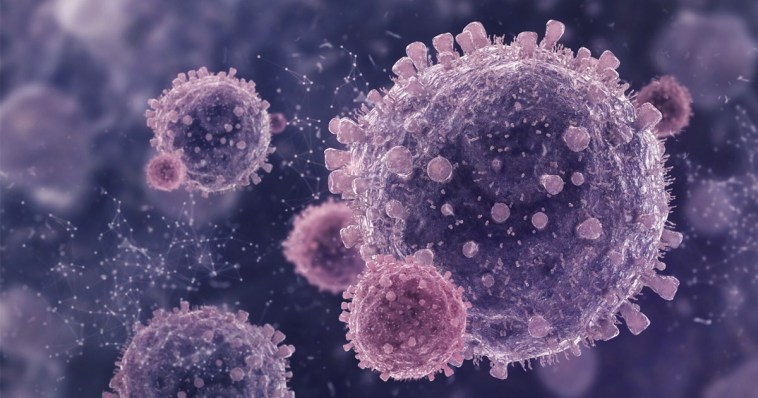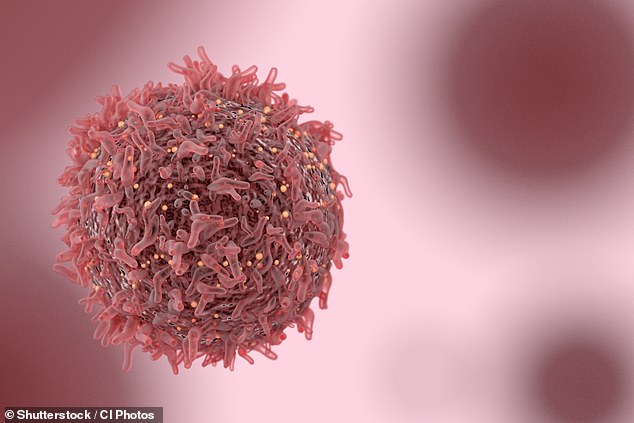A team of
Israeli scientists believes a cure for cancer is within reach, even
optimistically predicting that it will be found within a year. But at least one
expert in the U.S. has questioned the cure's legitimacy and said it's more
likely just another claim on a list of "irresponsible and ultimately cruel
false promises" for cancer patients.
“Of course, curing cancer is the goal of everyone who comes to work every day at a cancer center — and if this company does, in fact, cure cancer, they will have my congratulations and thanks,” Dr. Ben Neel, director of Perlmutter Cancer Center at NYU Langone Health, told Fox News via email. “But cancer is multiple diseases, and it is highly unlikely that this company has found a 'cure' for cancer anymore than there is a single cure for infections.”
The company,
Accelerated Evolution Biotechnologies Ltd. (AEBi), has described the treatment,
MuTaTo, as comparable to a cancer antibiotic that uses a multipronged approach
similar to the treatment given to HIV patients. The team told the Post that
their treatment is a multi-targeted approach that uses a combination of several
peptides for each cancer cell, reportedly eliminating the chance to be evaded
by a mutation.
Peptides
have long been considered for cancer care, and many scientists are working on
similar approaches, But claims of a 'cure' are overstretched because they have
only conducted a 'first exploratory trial in mice' and some tests in petri
dishes
“We believe we will offer in a year’s time a complete cure for cancer,” Dan Aridor, of AEBi, told the Jerusalem Post.
The
company's CEO, Dr. Ilan Morad, said MuTaTo also works to target the cancer stem
cells, eliminating the chance for recurrence, with Aridor claiming that it will
be effective from "day one," and cause "no or minimal side
effects at a much lower cost than most other treatments."
“Our solution will be both generic and personal," Aridor said.
The
treatment has not been tested in humans yet, although Aridor said it has shown
success in mice trials and is nearing the stage of clinical trial. But Neel
isn't biting.
“More likely, this claim is yet another in a long line of spurious, irresponsible and ultimately cruel false promises for cancer patients,” he said.


Comments
Post a Comment